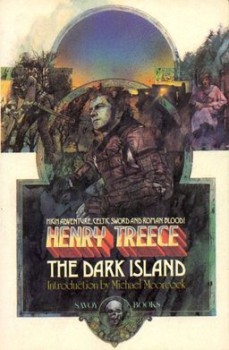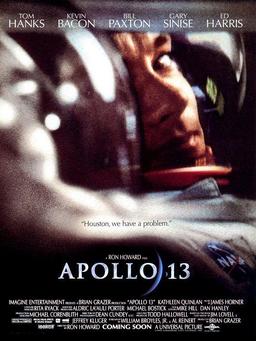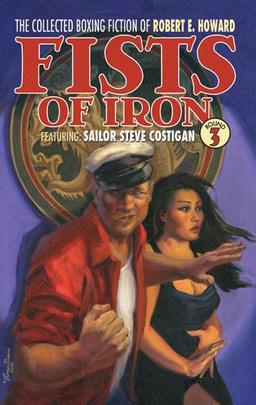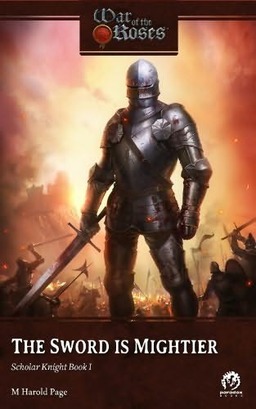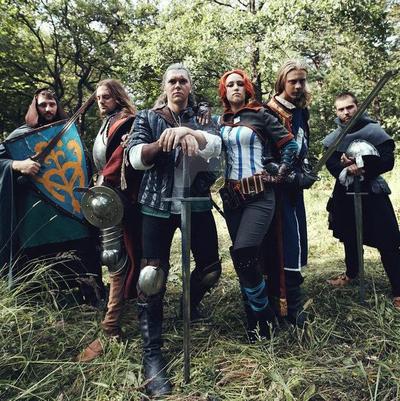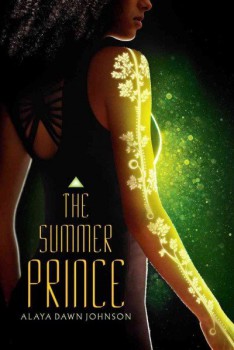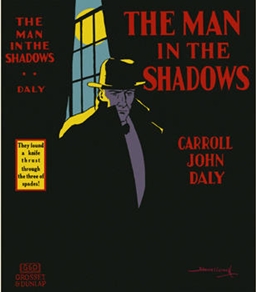 Quiz time: Who invented the hard-boiled school of fiction? And who was the first hard-boiled private eye? If you answered Carroll John Daly and Race Williams, you’d be like most folks. And you’d only be half right.
Quiz time: Who invented the hard-boiled school of fiction? And who was the first hard-boiled private eye? If you answered Carroll John Daly and Race Williams, you’d be like most folks. And you’d only be half right.
In December of 1922, Daly’s “The False Burton Combs” appeared in Black Mask Magazine and the hard-boiled school was born. In April of 1923, “It’s All in the Game” (which I’ve yet to read), with an unnamed protagonist, was printed. And on May 15, 1923, “Three Gun Terry” gave us Three Gun Terry Mack, first of the unnumbered hardboiled private eyes to follow for almost a century now.
In June, 1923, the first Race Williams story, “Knights of the Open Palm,” appeared in Black Mask and it is this story which most folks erroneously point to as the first one to feature a hard boiled private eye. In case you’re wondering, Dashiell Hammett’s Continental Op made his debut in “Arson Plus” in October of that year.
Three Gun Terry Mack only appeared in one more short story, (“Action! Action!” – Black Mask, January, 1924) and in one novel (The Man in the Shadows, 1928). But no matter, as he was really just a prototype for Race Williams, who would appear in some forty-ish stories and six serials/novels for Black Mask, a well as in other publications.
The tone is set from the first sentence on: “My life is my own, and the opinions of others don’t interest me, so don’t form any, or if you do, keep them to yourself. If you want to sneer at my tactics, why go ahead; but do it behind the pages – you’ll find that healthier.”
…
Read More Read More
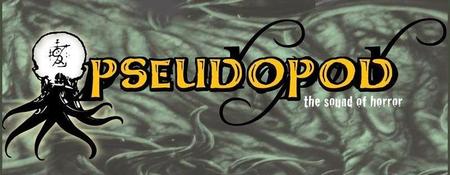 Adrian Simmons is one of our favorite editors. With his team of cohorts he edits the marvelous Heroic Fantasy Quarterly, which you should be reading.
Adrian Simmons is one of our favorite editors. With his team of cohorts he edits the marvelous Heroic Fantasy Quarterly, which you should be reading.